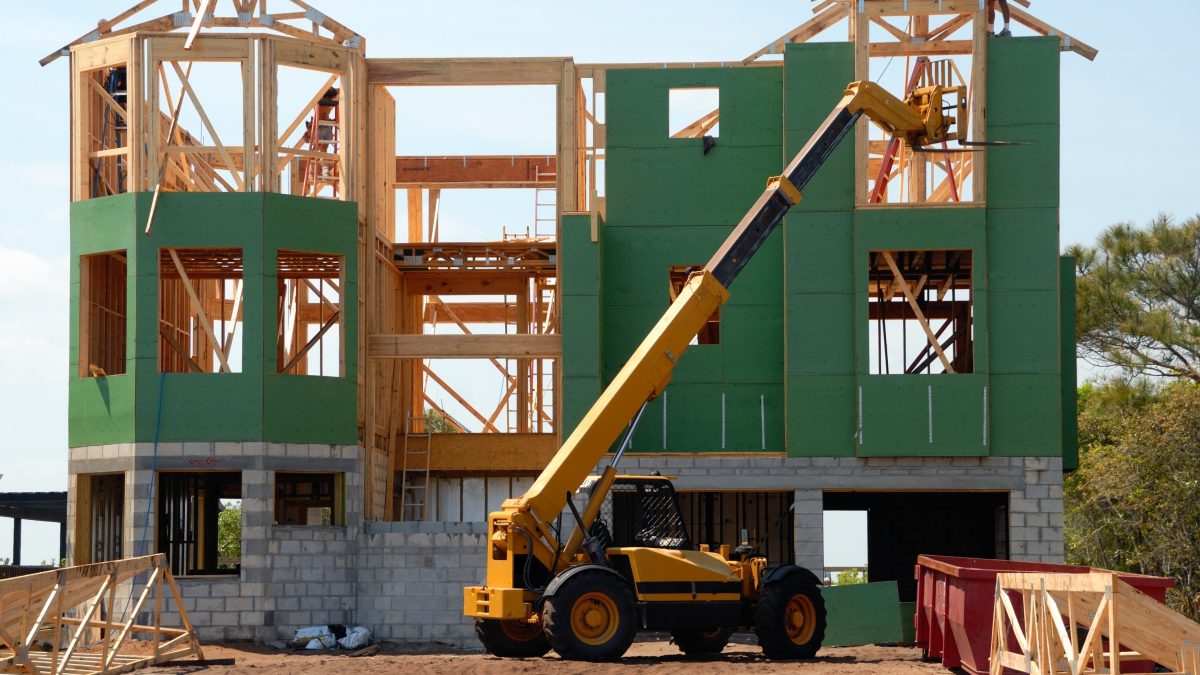The Hard Money Loan Funding Process: A Guide for Rehabbers
Sell Your House or Rent It Out?
October 15, 2018
You spot a house that you would like to rehab or flip and decide make an offer. You plan on financing through a hard money lender, but haven’t yet done this kind of deal, and wonder what happens after you’ve got the house under contract. Here’s a brief look at the process:
All hard money lenders have different requirements. You can learn about these from lenders on the new BiggerPockets hard money lenders directory or by attending your local real estate club meeting and talking with other investors about who they have used to successfully fund their loans.
Some will loan a percentage based on appraised value, while others will loan a percentage based on the purchase price. It is better to find the lenders that will loan on appraised value. The lender will give you a breakdown of your fees along with their terms, including:
- Loan Points
- Closing Costs (Escrow Fees, Document Fees, Notary Fees)
- Interest Amount
A typical lender might say:
I will loan 60% of ARV (appraised repaired value), with 5 points, 500 in document fees and a 6 month interest only balloon payment loan at 10%.
To translate on a deal that appraises at $200,000:
They will loan you up to 60% ($120,000). To get the loan you will pay $6,000 in points + $500 in document fees, and you will pay $1,167.67 on the loan, until you sell the property or until 6 months is up. They will take a trust deed and make you sign the other documents like on a typical mortgage.
Before you present a property, you should get familiar with local lenders and pre-qualify with them. Their lending requirements are often-times different than that of a traditional mortgage lender. Hard money lenders are usually most worried about the amount of cash you have, your level of experience, the specific deal and your credit.
Here’s the typical hard money lending process:
Step 1 – Pre-qualify: talk to the lender and see what they require of you and your deal.
Step 2 – Find and put a good deal under contract.
Step 3 – Call the hard money lender and inform them of what your contract price is, the estimated cost of the repairs, and what you think the ARV value is. Here’s a good worksheet to help you out.
Step 4 – The lender will either send their appraiser or give you an approved list of appraisers, and you will then get the property appraised.
Step 5 – They may request some of the escrow documents to verify the paperwork.
Step 6 – They will agree or disagree to fund the loan and will tell you what amount and under what terms it will be.
Step 7 – You close the loan — In many ways, its just like a conventional loan in that you do the closing at a title company or lawyer’s office. The lender puts the loan amount into escrow at the title company. The buyer might have to put in money or might get money back, depending on the deal. The title company issues checks as specified on the HUD; typically, a big one to the seller and points back to the lender. If there’s cash to the buyer, they would issue that check, too. The title company will ensure that all the proper paperwork is completed in the correct order and that funds are sent to the appropriate people.
Thanks to Steve L. and Jon Holdman for their generous contributions to our real estate forums where this article was compiled from.
#hardmoneylender #hardmoney #hardmoneyloans #hardmoneyloan #realestate #finance #funding #privatemoney #businessfinancing #businesscapital #commerciallending #residentiallending #realestatefinance #brokers #realtors #investors #homebuyers #homeowners #realestatemarket #housing #housingmarket #mortgagebrokers #celebrityhomes #hardmoneylosangeles #hardmoneycalifornia #fidelityfunding





